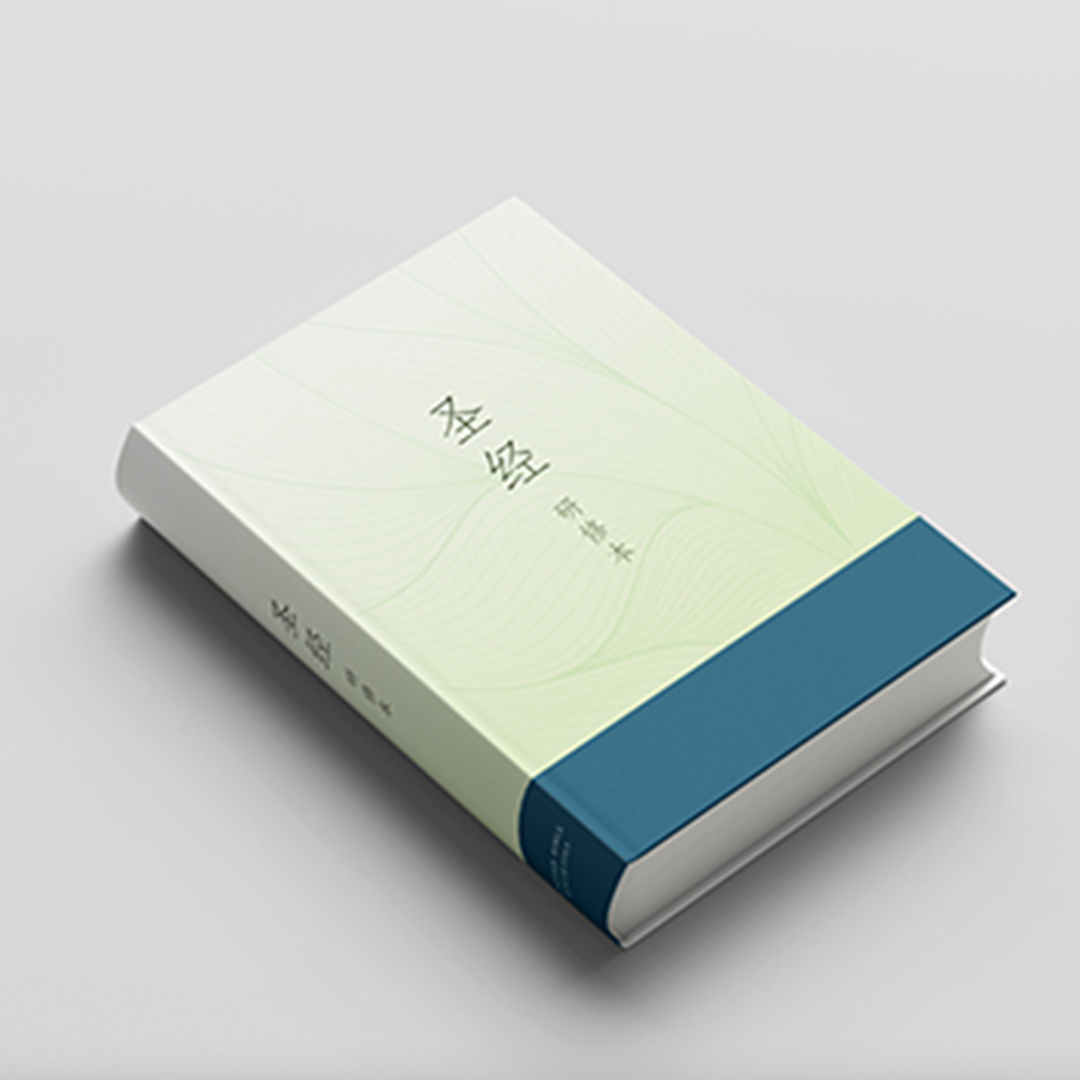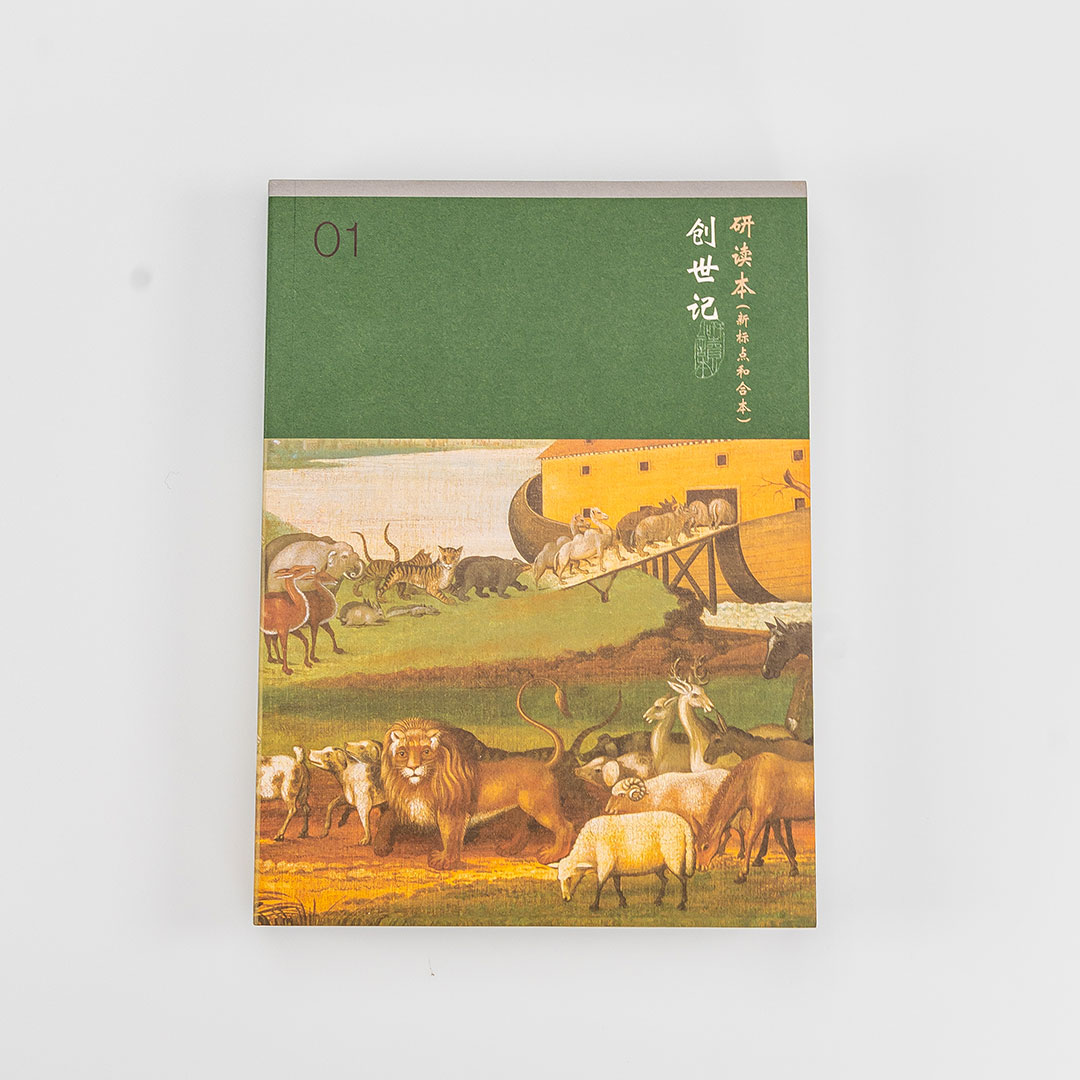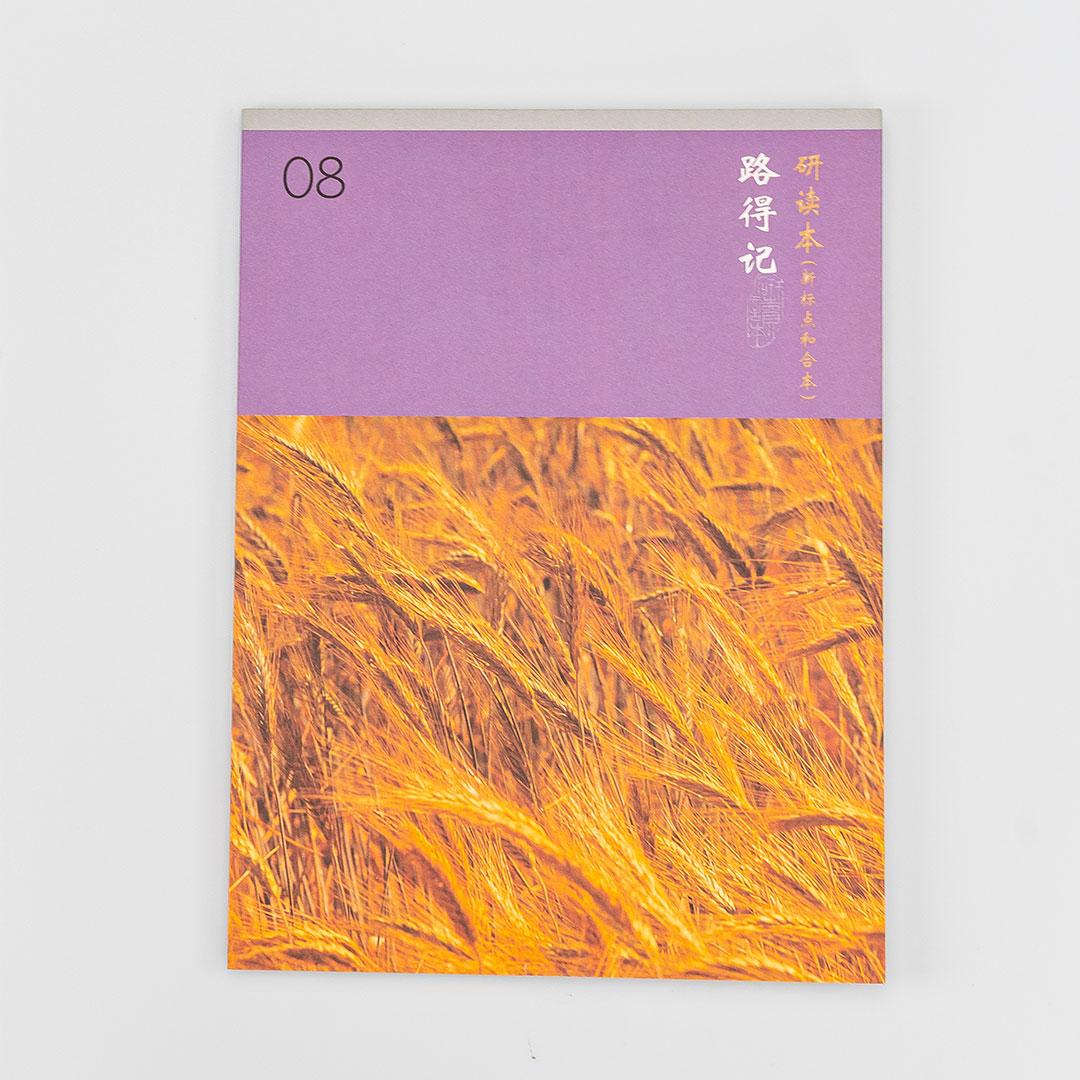Chinese simplified script 繁体中文
Read more about your selection...
Old Testament (read more)
Chinese simplified script 简体中文
Chinese is spoken mainly in China, and in Chinese communities around the world. Christianity was first introduced into China by the Nestorian Church of the East in the seventh century. Chinese speaking Christians are mainly evangelical Protestant, with a large Catholic minority, and the Chinese Church is growing.
In mainland China the language is called Mandarin, and in Hong Kong it is called Cantonese. Chinese is written in traditional script in Hong Kong, Macau, Taiwan (Formosa) and, Malaysia, but in mainland China and Singapore it uses a revised simplified script introduced by the communists.
The classic translation of the Scriptures is the Chinese Union Version or CUV (和合本) of 1919, which was revised in 2010 as the Revised Chinese Union Version (RCUV). The CUV in use today is the vernacular Mandarin version, published in two slightly different editions: the Shen Edition (神版) and the Shangti Edition (上帝版) -- differing in the way the word “God” is translated. To bring the CUV in line with modern punctuation there is the Chinese Union Version with New Punctuation (CUVNP). In 2010 the Revised Chinese Union Version (RCUV) has been completed to update the language of the CUV.
Today’s Chinese Version (TCV) was produced by the Bible Society in 1979 and revised in 1995.
Bible work is done by the Hong Kong Bible Society, the Chinese Christian Council, Amity Press and the Bible Society in Taiwan. Chinese Bibles are available in traditional and simplified characters, and in Shen or Shangti editions, depending which word is used for God.
Chinese Union Study Bible
Discover this new Chinese Study Bible combining the most popular Chinese Bible translation, the CUV, with study materials and Bible commentary from the ESV Study Bible.
Chinese Union Study Bible – Genesis (Simplified Chinese)
Explore the book of Genesis in Simplified Chinese.
Chinese Union Study Bible – Ruth (Simplified Chinese)
Explore the book of Ruth in Simplified Chinese.



